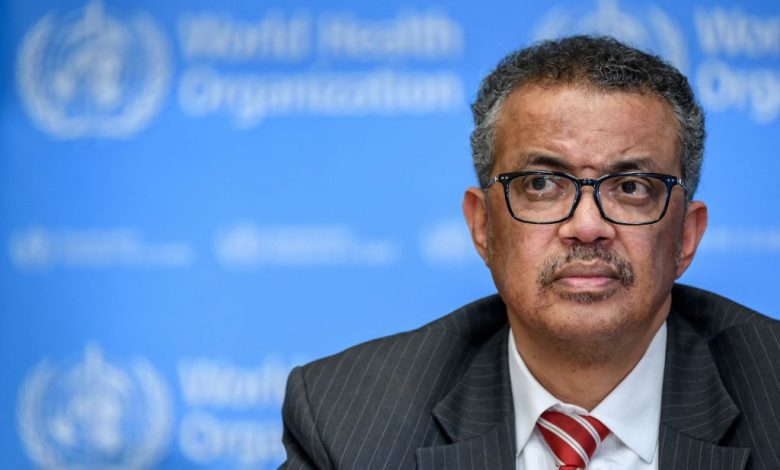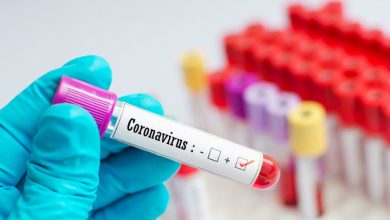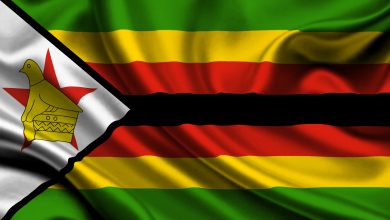
Progress on the global Covid-19 vaccines distribution exercise is still fragile as most countries are yet to roll-out immunisation programmes against the pandemic, the World Health Organisation (WHO) has said.
WHO, had at the beginning of the year, urged countries to begin vaccinating their populations within the first 100 days of 2021 with priority being given to health workers.
With only just 40 days remaining before the 100 days clock, the organisation has expressed concern over the pace at which the inoculations are progressing across the world.
Briefing the media on Covid-19 last Friday, WHO director-general, Dr Tedros Adhanom Ghebreyesus, said there was a need to ensure the vaccines reached all the corners of the world.
“On Wednesday, Ghana became the first country outside India to receive doses of COVID-19 vaccine from the COVAX Facility,” said Ghebreyesus.
COVAX facility is a donor-funded programme which seeks to distribute Covid-19 vaccines to developing countries.
“Just a few hours ago, Côte d’Ivoire received its first doses, and more doses will be shipped to more countries in the coming days and weeks, as we move towards our target of starting vaccination in all countries within the first 100 days of the year. We now have 43 days left.”
He explained further: “We have made progress. But that progress is fragile. We need to accelerate the supply and distribution of vaccines, and we cannot do that if some countries continue to approach manufacturers who are producing vaccines that COVAX is counting on.”
Ghebreyesus said the actions of some rich countries were undermining COVAX and depriving health workers and vulnerable people around the world of life-saving vaccines.
“Now is the time to use every tool to scale up production, including licensing and technology transfer, and where necessary, intellectual property waivers. If not now, then when?” he said.
“I understand fully well that all governments have an obligation to protect their own people.
But the best way to do that is by suppressing the virus everywhere at the same time.
It’s also important to remember that although vaccines are a very powerful tool, they’re not the only tool. We still need to accelerate the distribution of rapid diagnostics, oxygen and dexamethasone.”
Meanwhile, Zimbabwe which began its vaccination programme on February 18 after receiving a donation of 200 000 Sinopharm doses from China has so far inoculated over 15 000 citizens in the critical services sector.






